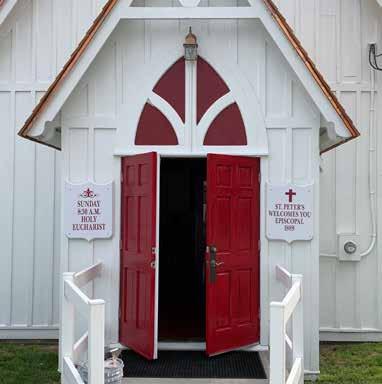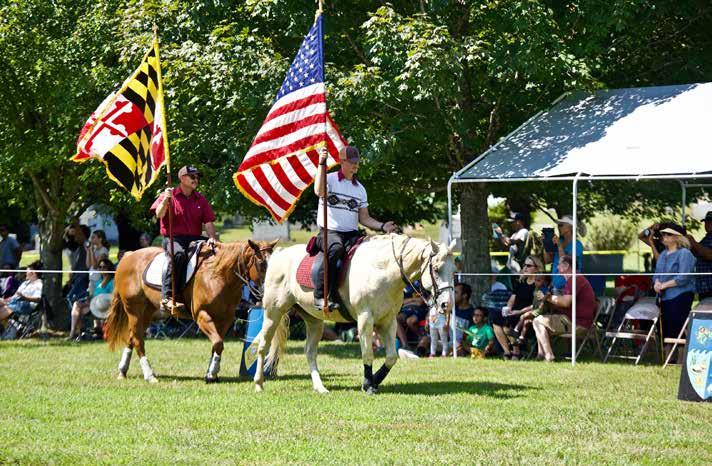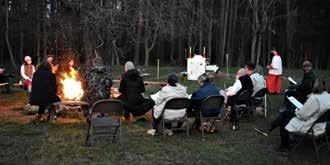
3 minute read
History
And you shall remember the whole way that the Lord your God has led you. DEUTERONOMY 8:2
The Diocese of Maryland has a rich and robust history, dating back to the earliest years of colonial America. If you are interested in learning more about us, our extensive archives are a wonderful place to start. Contrary to the teachings of Jesus, our history is not without its share of trauma, misfortune and racial injustice. Maryland was a slave state and, as a result, many of our parishes benefitted from the slave economy. Like so many other institutions throughout the country, we are going through a period of self-examination. Parishes are researching their histories, often making painful discoveries. In one instance a deacon and a parishioner in one of our congregations learned that the parishioner’s family had owned the deacon’s. This led to a time of healing and a special ceremony to remember those who had been enslaved.
Advertisement
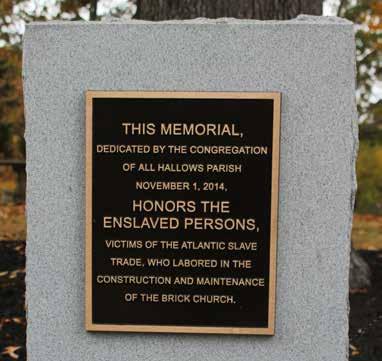
Our Truth and Reconciliation Committee has led the way in not only making these issues a part of the diocesan conversation, but also making genuine efforts in the area of reparations. This year, the Reparations Task Force issued the first grants from its $1 million fund. These grants are designed to help restore African American and Black communities throughout the diocese. They are one way to repair the breach and, to paraphrase the prophet Jeremiah, seek the welfare of the places where God has placed us. In the interest of transparency, please read our compilation of the history of racism in the Diocese of Maryland. A more recent trauma involved the brief tenure of Heather Cook as our Suffragan Bishop. Consecrated in September 2014, she had barely begun her episcopate when in December of that year she killed a bicyclist in a traffic accident in Baltimore. A subsequent conviction on numerous charges, including driving while impaired, led to her imprisonment and to her being deposed from the ministry of The Episcopal Church.
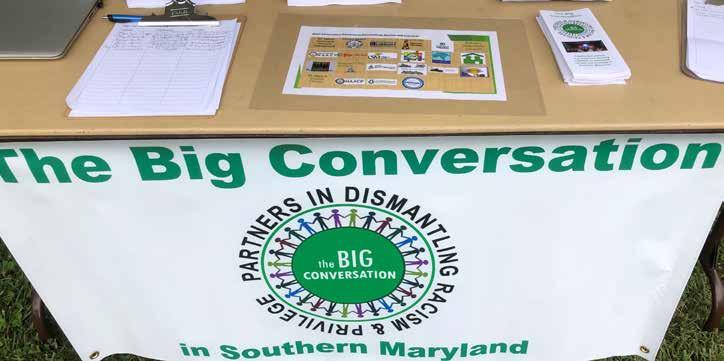
The entire incident sent shock waves through the diocese and led to much soul-searching. How was this ever allowed to happen, we asked? Who was responsible? Did this reveal systemic problems within the diocese in the past and present? What we do in the future is currently on our plate. As a result, a heightened vigilance and sensitivity emerged regarding all forms of addiction. Education and open conversation regarding treatment options have improved and there is a greater awareness of the role alcohol plays in our culture, from how it is used in the Eucharist to whether it should be available at church social functions.
The issue of trust, perceived or real, needs to be addressed. Communication, or lack thereof, is a concern of some clergy and congregations as it relates to diocesan polity, activity, and decision making. A policy of more openness to sharing the methodology and motivation for the actions taken by the diocese is necessary to help rebuild the trust that was shaken from the past undertakings. We hope and pray that with God’s grace we, along with our new bishop coadjutor, will continue the good work we have begun by confronting the tragedies of our distant and recent past. The future is the history we look forward to making with our new bishop.
The Diocese of Maryland recently hosted the
80th General Convention of The Episcopal
Church. We welcomed convention goers with rich information about our diocese.
